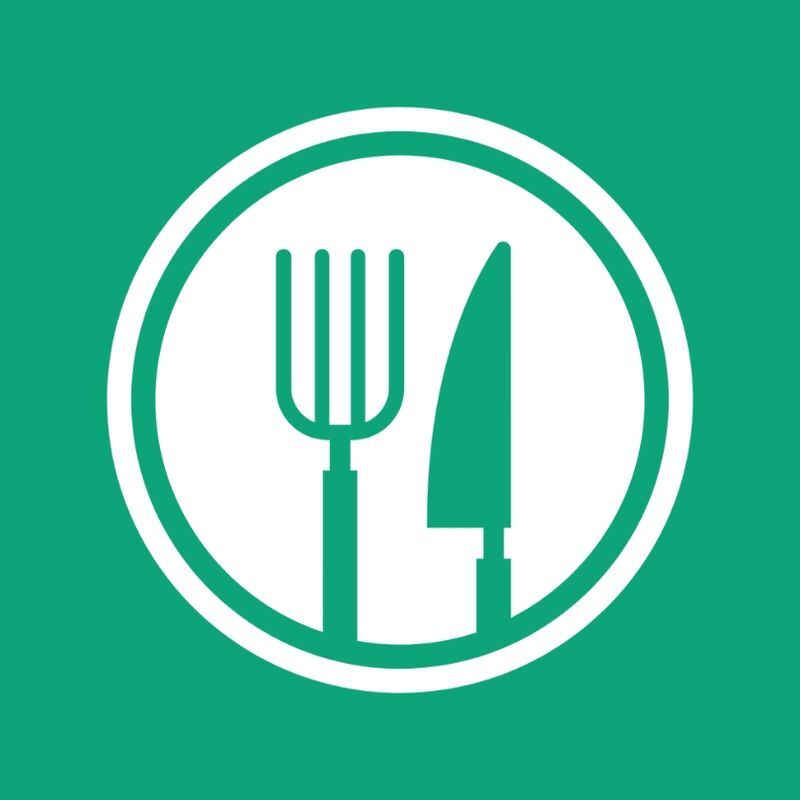In Northern Virginia, the culinary world is undergoing a technological transformation that’s reshaping how restaurants operate and interact with their customers. From streamlining online orders to revolutionizing kitchen operations with smart technology, here’s a look at how technology is making waves in the NoVA food industry.

1. The Rise of Online Ordering and Delivery Platforms
Gone are the days when diners had to call in their takeout orders. Today, NoVA’s restaurants are embracing online ordering platforms and delivery services to meet the growing demand for convenience. Platforms like Grubhub, DoorDash, and Uber Eats have become integral to the dining experience, allowing customers to browse menus, customize their orders, and track their deliveries in real time.
Restaurants such as The Daily Dish in Arlington have integrated these platforms with their own apps, offering exclusive promotions and loyalty rewards for online orders. The result is a streamlined process that not only enhances customer convenience but also boosts restaurant efficiency and revenue.
2. Smart Kitchens: The Future of Food Preparation
The concept of a smart kitchen is transforming how food is prepared and served. At TechnoBites in Reston, advanced kitchen equipment is revolutionizing traditional cooking methods. With the help of AI-driven appliances, such as smart ovens and precision cookers, chefs can achieve consistent results with minimal manual intervention.
For instance, TechnoBites uses smart sensors to monitor and adjust cooking temperatures in real time, ensuring that each dish is prepared to perfection. This level of precision reduces waste, improves food quality, and enhances overall kitchen efficiency. The integration of technology also allows for better inventory management and predictive ordering, minimizing shortages and excess stock.
3. Augmented Reality and Virtual Menus
Restaurants in NoVA are increasingly turning to augmented reality (AR) to enhance the dining experience. At Future Feast in Falls Church, diners can use AR glasses or their smartphones to view interactive, 3D representations of menu items. This technology allows customers to see a virtual preview of their meal, including ingredient details and nutritional information, before placing their order.
The use of AR not only elevates the dining experience but also helps customers make more informed decisions. It bridges the gap between digital and physical dining experiences, providing an engaging and informative way to explore menu options.
4. Contactless Payments and Digital Wallets
The shift towards contactless payments has accelerated in response to the need for safer dining experiences. NoVA’s restaurants, such as SafeSips Café in Alexandria, are adopting digital wallet technologies and contactless payment systems to streamline transactions. Customers can now pay with a simple tap of their phone or card, reducing physical contact and speeding up the checkout process.
This technology not only enhances convenience but also aligns with the growing preference for digital payments. It’s part of a broader trend towards integrating technology to create smoother, more efficient interactions between diners and restaurants.
5. Data-Driven Customer Insights
Harnessing data analytics is becoming a key strategy for restaurants looking to understand and cater to their customers’ preferences. DineSmart in Tysons Corner employs sophisticated data analytics tools to track customer behavior, analyze purchasing patterns, and tailor marketing efforts accordingly.
By leveraging this data, DineSmart can create personalized dining experiences, such as targeted promotions and customized menu recommendations, enhancing customer satisfaction and loyalty. This approach also helps restaurants optimize their operations and make data-informed decisions about menu changes and inventory management.
6. Sustainability Through Technology
Technology is also playing a crucial role in promoting sustainability within NoVA’s food industry. Restaurants like EcoEats in Leesburg are utilizing tech solutions to minimize their environmental impact. Smart waste management systems, energy-efficient appliances, and food waste tracking software are helping these establishments reduce waste, conserve energy, and support eco-friendly practices.
By adopting these technologies, EcoEats and others are setting a standard for sustainability in the industry, demonstrating that tech innovations can contribute to a greener, more responsible food ecosystem.
